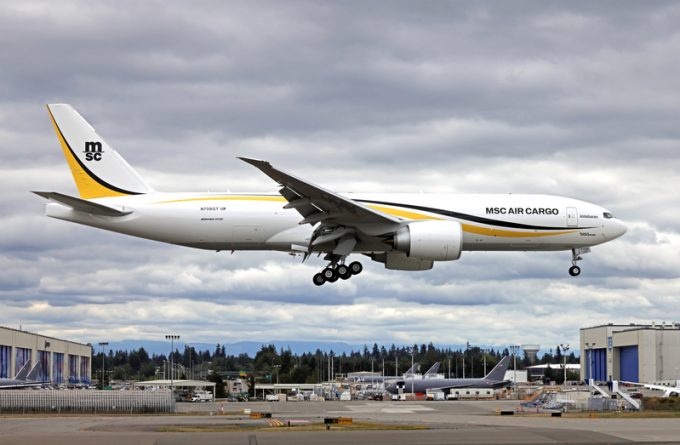News in Brief Podcast | Week 18 | Transpac chaos and Q1 earnings
In this episode of The Loadstar’s News in Brief Podcast, host and news reporter Charlotte Goldstone ...

The airfreight market may be soft – but forwarders are likely to retain at least part of their own controlled networks.
Asok Kumar, global head of airfreight for DB Schenker, told delegates at the Air Cargo Handling & Logistics conference last week, in Athens, that while ...
CMA CGM South Korean staff strike over bonuses after bumper 2024 profit
MSC switches two more Asia-Europe port calls from congested Antwerp
CMA airline returns two freighters, while ANA takeover of NCA looms
Nightmare for Bangladeshi exporters as congestion and tariffs bite
Tradelanes: Export boom in Indian sub-continent triggers rise in airfreight rates
Carriers introduce surcharges as congestion builds at African ports
Ports and supply chain operators weigh in on funding for CPB
Box ship overcapacity threat from carrier appetite for new tonnage

Comment on this article